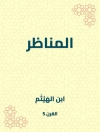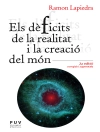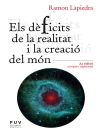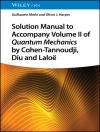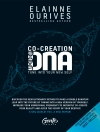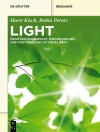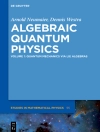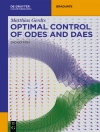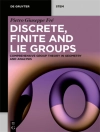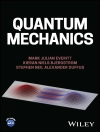This book provides the first unified overview of the burgeoning research area at the interface between Quantum Foundations and Quantum Information. Topics include: operational alternatives to quantum theory, information-theoretic reconstructions of the quantum formalism, mathematical frameworks for operational theories, and device-independent features of the set of quantum correlations.
Powered by the injection of fresh ideas from the field of Quantum Information and Computation, the foundations of Quantum Mechanics are in the midst of a renaissance. The last two decades have seen an explosion of new results and research directions, attracting broad interest in the scientific community. The variety and number of different approaches, however, makes it challenging for a newcomer to obtain a big picture of the field and of its high-level goals. Here, fourteen original contributions from leading experts in the field cover some of the most promising research directions that have emerged in the new wave of quantum foundations. The book is directed at researchers in physics, computer science, and mathematics and would be appropriate as the basis of a graduate course in Quantum Foundations.
Tabella dei contenuti
Introduction.- Part 1 Foil Theories.- Optimal Information Transfer and Real-Vector-Space Quantum Theory (William K. Wootters).- Almost quantum theory (Benjamin Schumacher, Michael D. Westmoreland).- Quasi-quantization: classical statistical theories with an epistemic restriction (Robert W. Spekkens).-Part 2 Axiomatizations.- Information-theoretic postulates for quantum theory (Markus P. Müller, Lluís Masanes).- Quantum from principles (Giulio Chiribella, Giacomo Mauro D’Ariano, Paolo Perinotti).- Reconstructing Quantum Theory (Lucien Hardy).- The classical limit of a physical theory and the dimensionality of space (Borivoje Dakić, Časlav Brukner).- Some Negative Remarks on Operational Approaches to Quantum Theory (Christopher A. Fuchs, Blake C. Stacey).- Generalised Compositional Theories and Diagrammatic Reasoning (Bob Coecke, Ross Duncan, Aleks Kissinger, Quanlong Wang).Part 3 Categories and ordered vectors spaces.- Post-Classical Probability Theory (Howard Barnum and Alexander Wilce).- Information causality (Marcin Pawłowski, Valerio Scarani).- Part 4 Quantum correlations.- Macroscopic locality (Miguel Navascués).- Guess your neighbour’s input: no quantum advantage but an advantage for quantum theory (Antonio Aćın, Mafalda L. Almeida, Remigiusz Augusiak, Nicolas Brunner).- The completeness of quantum theory for predicting measurement outcomes (Roger Colbeck, Renato Renner).


